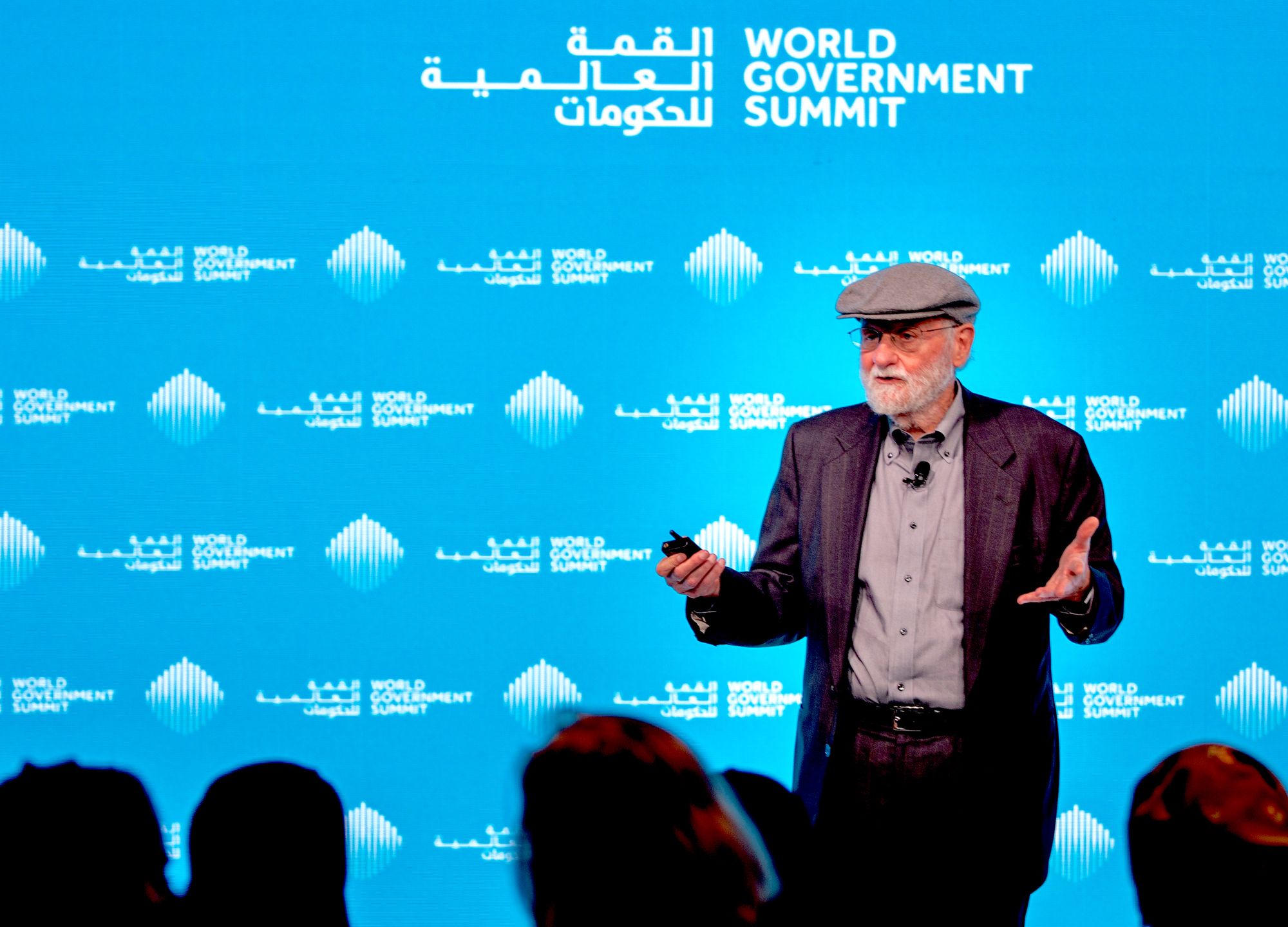
How do we address the major societal issues of our time? Many institutions, groups, and foundations have tried to address these issues for decades, spending billions of dollars. Many of these projects have failed.
Our analyses suggest three issues:
1. Domain Experts
While domain experts understand the issues, their recommendations require huge investment over long periods. Worse, their recommendations are often insensitive to local conditions: culture, capabilities, and requirements.
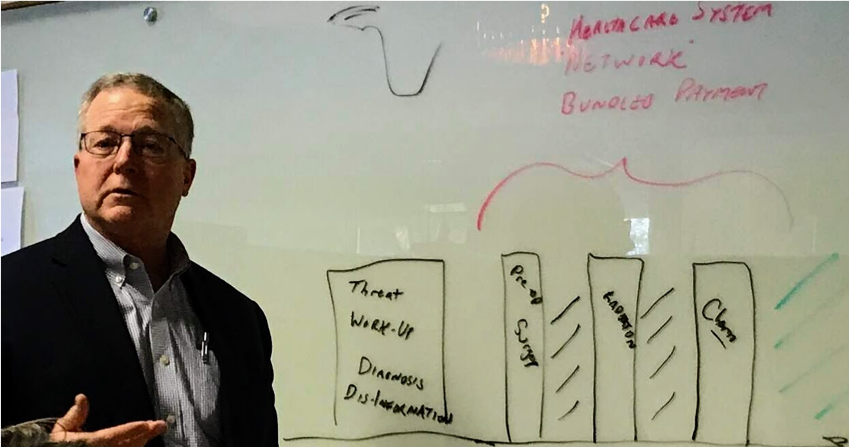
2. Community Experts
The affected communities often contain many industrious, creative people who have already addressed the issues they face. These people are extremely sensitive to the local culture, capabilities, and requirements. However, they often address the symptoms rather than the underlying causes and they do not have the resources to examine the entire system. Addressing the symptoms is important, but unless the underlying cause is treated, the symptoms are apt to recur. In addition, the solutions to the small, local issues do not always translate into global optimization.
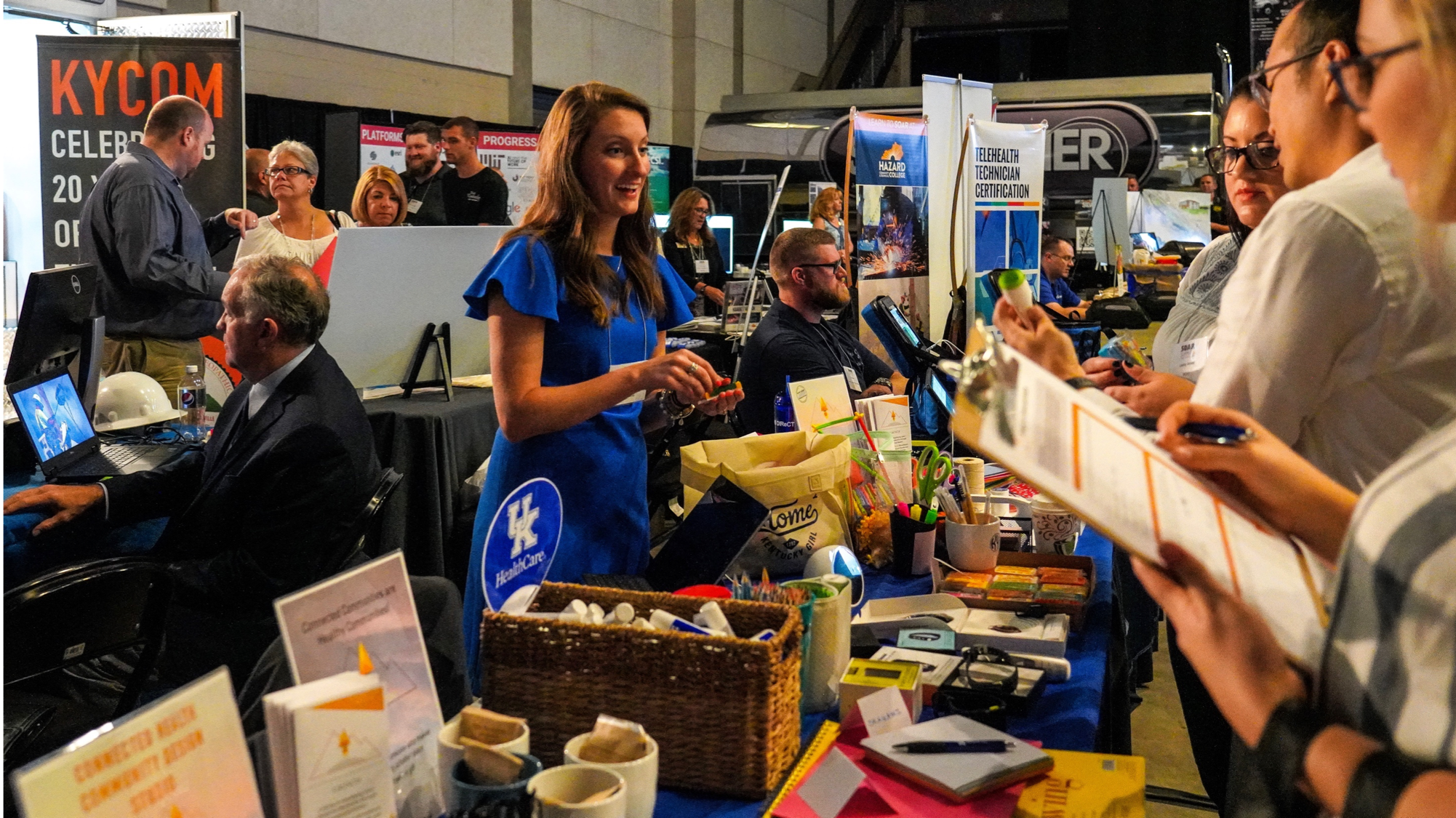
3. Large Projects
Large projects require huge investment over long periods. They impact many people, and even if most are benefitted, the ones who are not raise political objections. This leads to long fights and many compromises. Worse, the political administration is apt to change several times during the duration of the project, leading to more political debates and more modifications. And finally, during the long period of work, the situation may change, with new constraints, new possibilities and opportunities, and new issues. But large projects are difficult to change in mid-projet.

Solution? A Four-Pronged Approach
We propose combining the bottom-up (community driven) approach with the top-down (domain experts), thus taking advantage of the virtues of each approach while compensating for the deficiencies.). Let the community experts design solutions, while facilitated, coached, and mentored by the domain experts, thus gaining the best of both worlds.
This still leaves the problem of large projects. We suggest following the advice of Richard Lindblom, a political scientist who advocated opportunistic incrementalism. That is, use expert knowledge to analyze the entire system to determine the goal. Then wait until an opportunity strikes to do a small, incremental step in the desired direction. Small projects do not evoke large political opposition. If they succeed, it is then easier to get the next opportunity. If it does not succeed, it can be treated as a learning exercise, and it is small enough not to trigger a large scale political reaction. We recommend that the small projects be led and designed by the community experts, assisted by domain experts where appropriate, thus guaranteeing both effectiveness and appropriateness (and buy-in) by the community. Moreover, by incremental, relatively small projects, the process is flexible, making it easy to change when conditions change.
Finally, we are strong advocates of the principles of human-centered design (HCD), where HCD is considered a way of thinking, relevant to any domain or situation. The four principles are:
1. Focus on the people. Most projects optimize economics, efficiency, time, or productivity. We emphasize the experiences of all the people who are impacted, because if this is done, the rest will follow at a level that "satisfices."
2. Treat the underlying causal factors, not the symptoms. How far should one go in the search for the causal factor? Go to as fundamental a level that can still be addressed within the scope of the project. For some projects, this will be shallow. But even here, any success will allow future iterations to go deeper.
3. Treat the issues as part of a large, complex sociotechnical system. Consider the system implications. This is difficult because large systems often have multiple feedback and feed-forward loops, many of which are non-linear and with long delays, sometimes measured in hours, sometimes in decades. Moreover, large systems are likely to be dynamic, so a solution that works today may not in future years.
4. Continually evaluate and modify. Iterate on solutions. Measure results. This helps with two issues. First, with complex issues, the initial attempts will never be correct. A flexible system can continually adjust. Second, conditions will change, the system will change. New opportunities will arise, as will new difficulties. By moving in small, incremental steps, it is relatively easy to modify the goals and approaches.
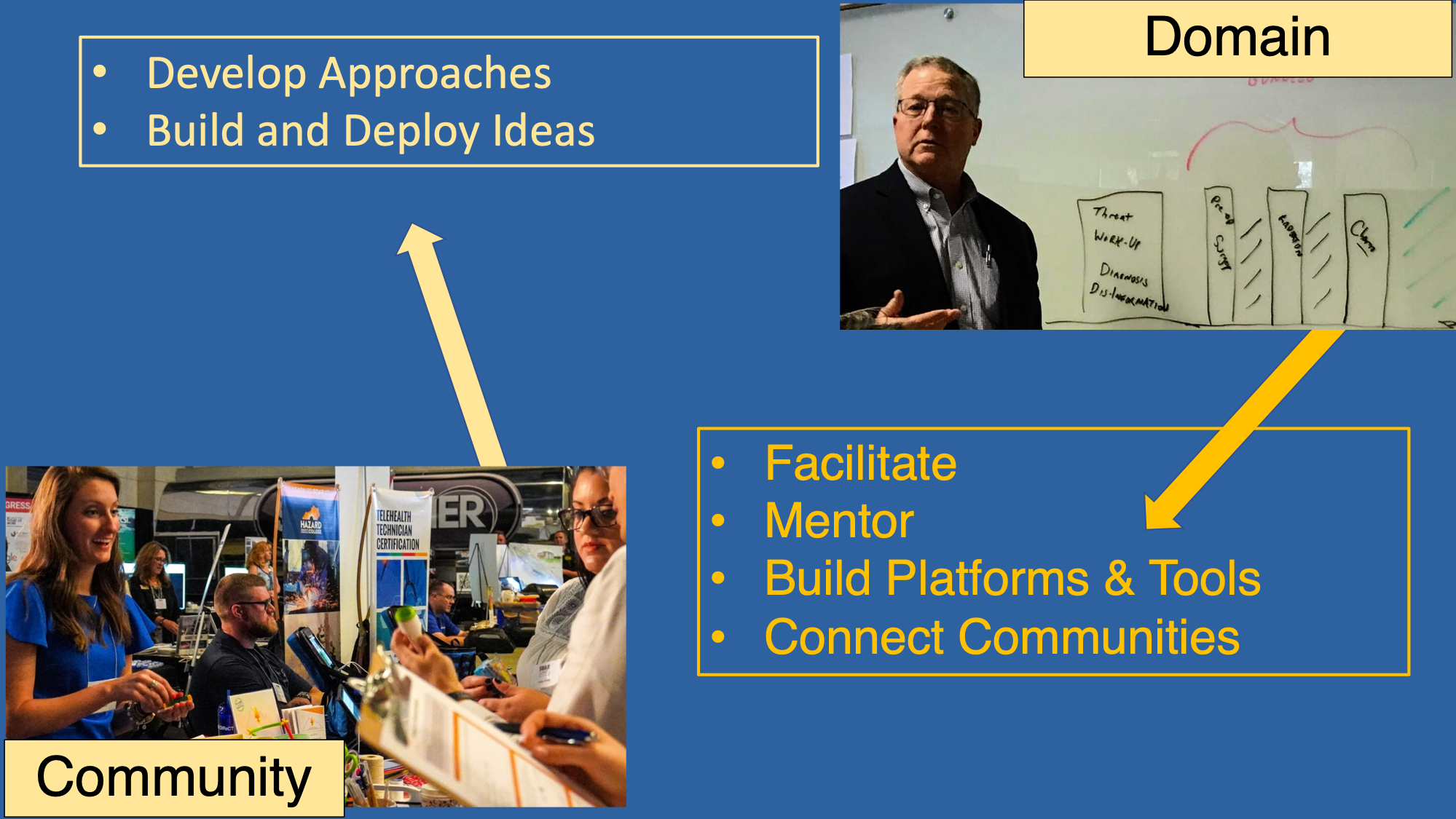
What We Are Doing
We have multiple projects that involve various components of these ideas. Key problems to be addressed include:
- access to healthcare
- sustainable growth
- access to education
- access to resources
- environmental stewardship
- resilient culture
Projects
- LAUNCH (the project illustrated by the figures of this essay), is a joint effort of the national Cancer Institute, the Federal Communications Commission, the University of Kentucky Cancer Center and our Design Lab at the University of California, San Diego with an industrial partner, Amgen.
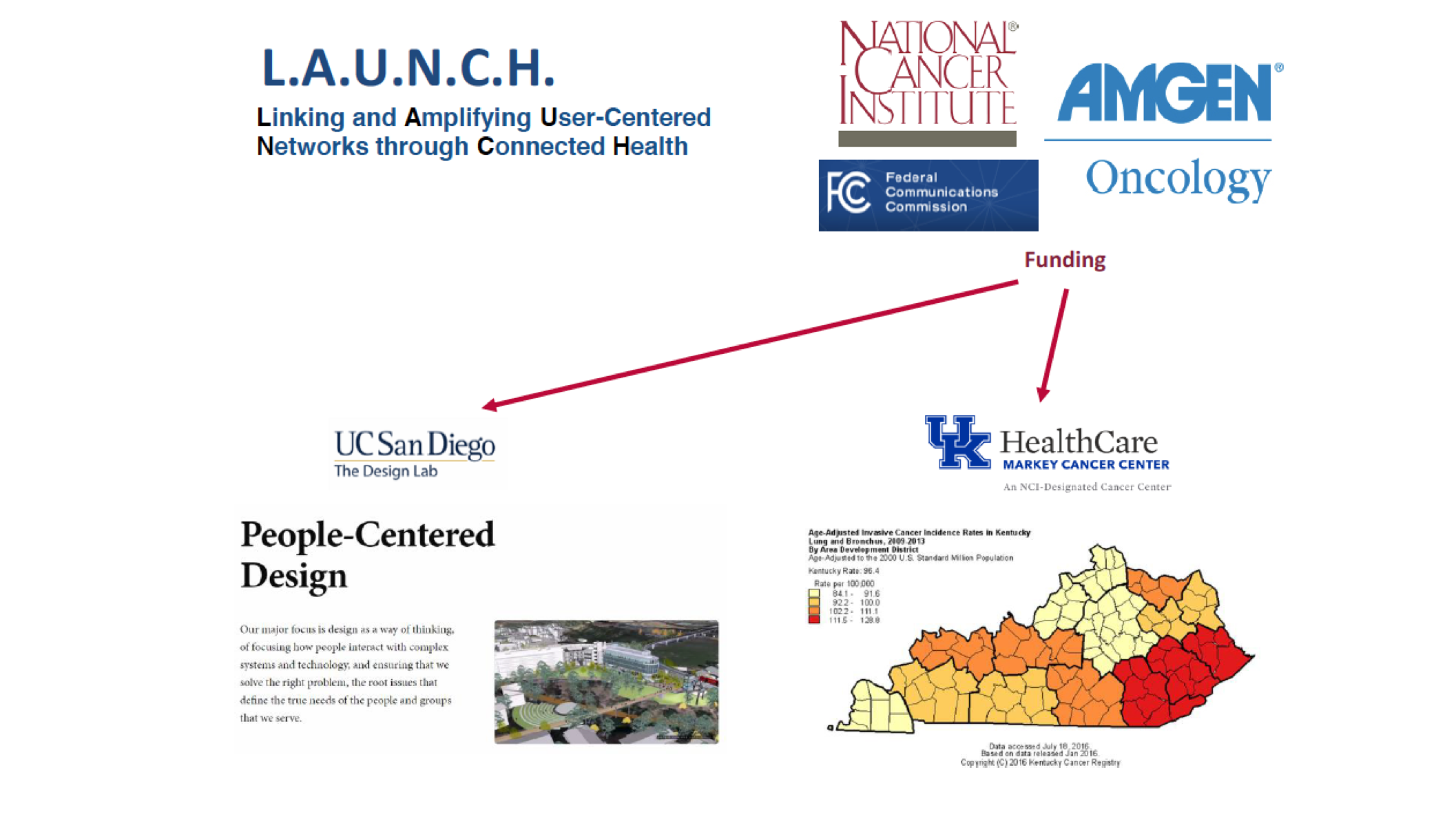
- The Gut Instinct Project. A large project at UC San Diego's Design Lab and the Department of Pediatrics exploring the effectiveness of community- and citizen-driven science.
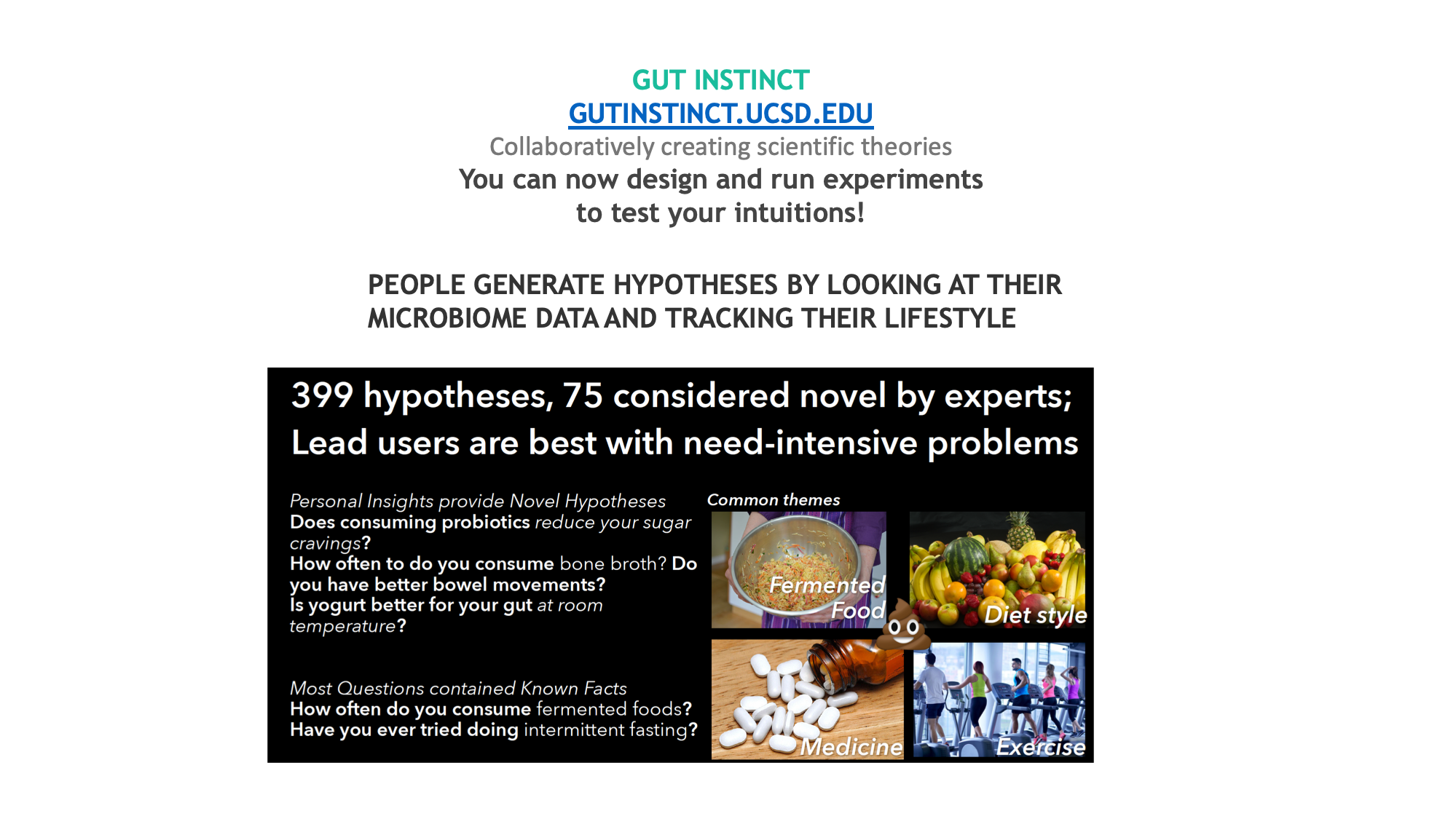
- Exploring, Defining, & Advancing Community-Driven Design for Social Impact. A workshop at the ACM's Designing Interactive Systems Conference (DIS 2019), June 23-28, 2019. To be held at UC San Diego.
- Learning Tools for Independent, Informal, Life-Long Education. A joint project between UC San Diego and partners in Bangalore, India (in planning).
- Developing partnerships: In discussion with multiple existing organizations and projects on societal design, societal platforms, food, and the environment.
Summary
How can we best address the large, complex sociotechnical problems facing the world? We advocate a multi-step approach combining bottom-up community-driven wisdom with the top-down knowledge of domain experts, thus taking advantage of the virtues of each approach while compensating for the deficiencies. To this we add an opportunistic, incremental approach to large problems (muddling through), followed by continual attention to the fundamental principles of human-centered design.
- Top-down, domain experts
- Bottom-up community experts
- Opportunistic, incremental projects.
- Always focussing upon the people, the underlying causal factors, the system, and employing agile, flexible design strategy governed by evidence.
References and Reading List:
The United Nations 17 Sustainable Development Goals
https://www.un.org/sustainabledevelopment/
The Council of Europe’s Expansions and Interpretations
https://www.coe.int/en/web/programmes/un-2030-agenda
Bottom-up design
Manzini, E. (2015). Design, when everybody designs: an introduction to design for social innovation. Cambridge, MA: The MIT Press.
Myerson, J. (2016). Scaling Down: Why Designers Need to Reverse Their Thinking. She Ji: The Journal of Design, Economics, and Innovation, 2(4), 288-299. doi:10.1016/j.sheji.2017.06.001
Norman, D., & Spencer, E. (2019). Community based, human-centered design. https://jnd.org/community-based-human-centered-design/.
von Hippel, E. (2005). Democratizing innovation. Cambridge, Mass.: MIT Press.
Muddling Through (Opportunistic incrementalism) & Large Projects
Bendor, J. (2015). Incrementalism: Dead yet Flourishing. Public Administration Review, 75(2), 194-205. doi:10.1111/puar.12333
Flach, J. M., Feufel, M. A., Reynolds, P. L., Parker, S. H., & Kellogg, K. M. (2017). Decision making in practice: The dynamics of muddling through. Applied Ergonomics, 63(2017), 133-141.
Lindblom, C. E. (1959). The science of 'muddling through'. Public Administration Review, 19, 79–88.
Lindblom, C. E. (1979). Still muddling, not yet through. Public Administration Review, 39, 517-526.
Norman, D., & Stappers, P. J. (2016). DesignX: Complex Sociotechnical Systems. She Ji: The Journal of Design, Economics, and Innovation, 1, 83-106.
Critiques of Current AID Programs
Easterly, W. (2013). The tyranny of experts: economists, dictators, and the forgotten rights of the poor. New York: Basic Books
Papanek, V. J. (1971, 1984). Design for the real world: human ecology and social change. New York: Van Nostrand Reinhold Co.
Ramalingam, B. (2013). Aid on the edge of chaos : rethinking international cooperation in a complex world Oxford: Oxford University Press.
Our Current Projects
Hekler, E. B., Taylor, J. C., Dow, S. P., Morris, M., Grant, F. J., Phatak, S. S., . . . Lewis, D. (2019). Exploring, Defining, & Advancing Community-Driven Design for Social Impact. A workshop at the ACM's Designing Interactive Systems Conference (DIS 2019), June 23-28, 2019. To be held at UC San Diego.
Klesges, L. (2018). 3062.0 - Invited Session: Launching User-Centered Design and Connected Health Communication via Public-Private Partnerships to Reduce Cancer Inequities. Paper session at the American Public Health Association 2018 Annual Meeting (APHA 2018). Three papers were presented in this session:
- 3062.0 Why L.A.U.N.C.H.? Rationale for a Connected Health Collaborative to Demonstrate User-Centered Design Improvements in Cancer Communication. Bradford Hesse, NCI, and David Ahern, FCC
- 3062.0 Better Together: A Private Partner View of Collaborative Partnerships to Drive Meaningful Changes in Cancer Outcomes. Sadie Whittaker, ScienceOne and Victoria Atencio-Goldin
- 3062.0 Demonstrating Effective Outcomes in L.A.U.N.C.H.: An Applied Example from Appalachian Kentucky. Robin Vanderpool, University of Kentucky College of Public Health and Melanie McComsey, University of California, San Diego
Pandey, V., Debeliu, J., Hyd, E. R., Kosciolek, T., Knight, R., & Klemmer, S. (2018). Docent: Transforming personal intuitions to scientific hypotheses through content learning and process training. Paper presented at the ACM Learning at Scale 2018 conference, London. https://gutinstinct-prod.ucsd.edu
Videos of talks
I've given a number of talks on this. Here are two, one to a Design Conference in Seattle (Interact 19), the other to the World Government Summit in Dubai, UAE in February 2019.
- 21st Century design: addressing societal issues (Interactions 19 in Seattle. 26 minutes)
Slides (a PDF file)
More slides than I would use in any talk (I prefer to give talks without any slides). But readers may find them useful. (PDF of slides)
Acknowledgements
I have been influenced by the works of many colleagues. I owe much to continual discussions with Design Lab members Eliah Abramoff-Spencer (Eli Spencer), Steven Dow, and Eric Hekler. Eric von Hippel of MIT, has been especially insightful and helpful, including his month-long visit to the UC San Diego Design lab. And then through the writings of Ezio Manzini, Jeremy Myerson and, although I never met him, Victor Papanek (Manzini, 2015; Myerson, 2016; Papanek, 1971, 1984; von Hippel, 2005 among his many publications).